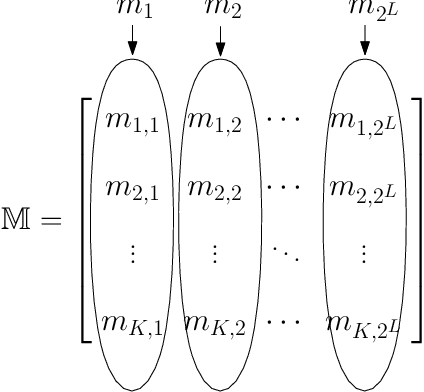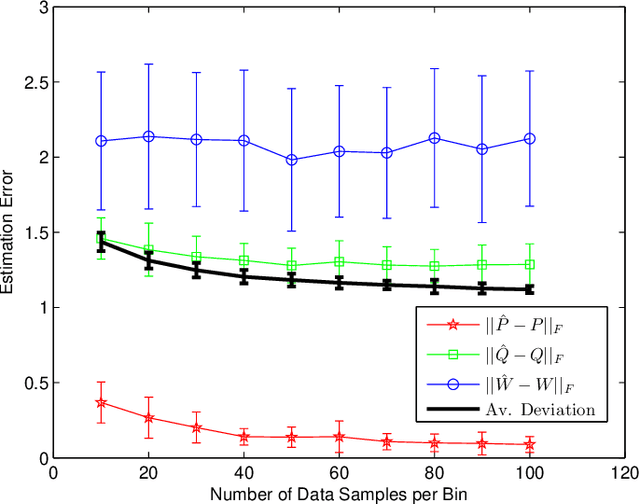On Estimating Multi-Attribute Choice Preferences using Private Signals and Matrix Factorization
Paper and Code
Feb 19, 2018

Revealed preference theory studies the possibility of modeling an agent's revealed preferences and the construction of a consistent utility function. However, modeling agent's choices over preference orderings is not always practical and demands strong assumptions on human rationality and data-acquisition abilities. Therefore, we propose a simple generative choice model where agents are assumed to generate the choice probabilities based on latent factor matrices that capture their choice evaluation across multiple attributes. Since the multi-attribute evaluation is typically hidden within the agent's psyche, we consider a signaling mechanism where agents are provided with choice information through private signals, so that the agent's choices provide more insight about his/her latent evaluation across multiple attributes. We estimate the choice model via a novel multi-stage matrix factorization algorithm that minimizes the average deviation of the factor estimates from choice data. Simulation results are presented to validate the estimation performance of our proposed algorithm.
 Add to Chrome
Add to Chrome Add to Firefox
Add to Firefox Add to Edge
Add to Edge